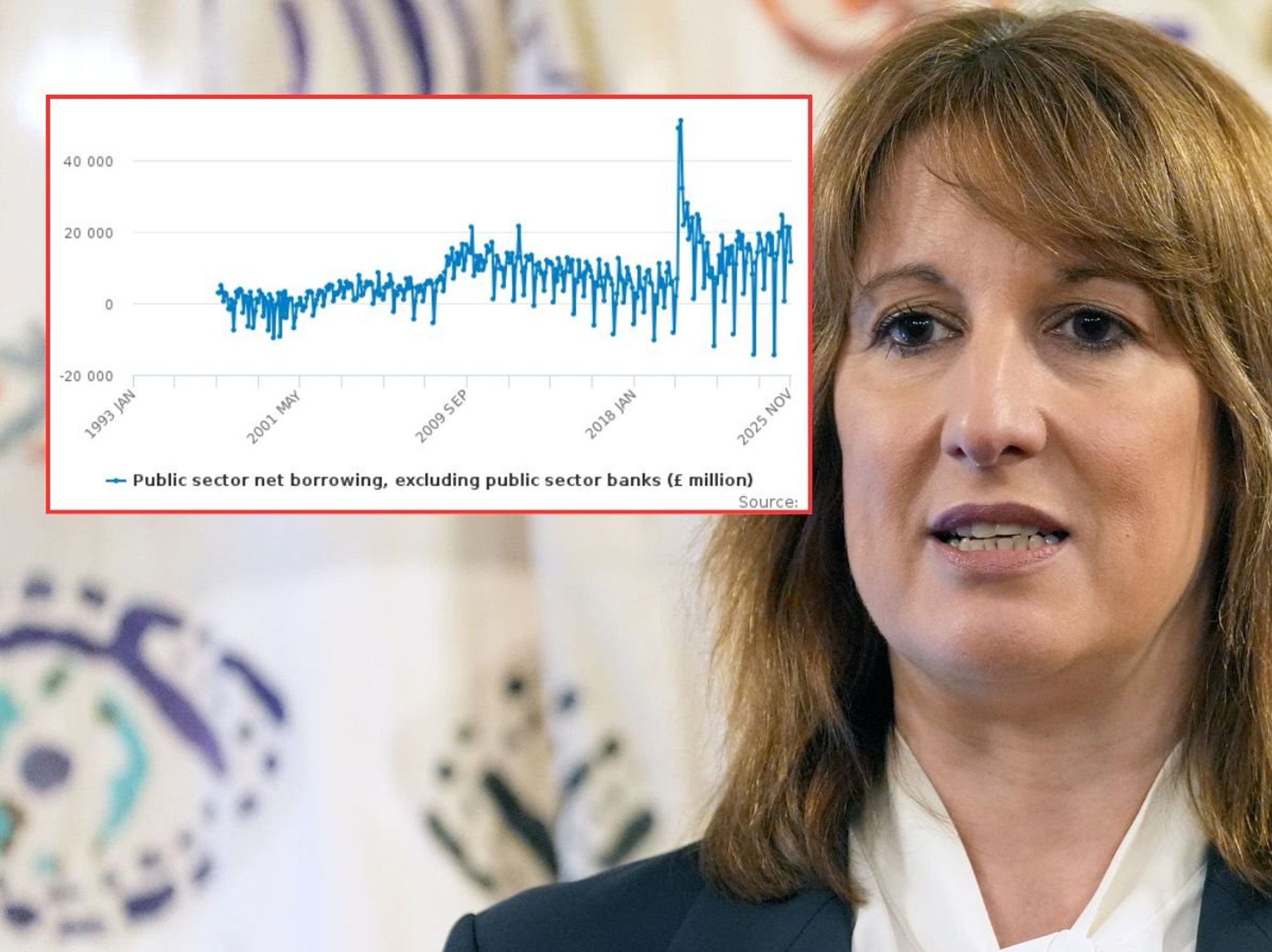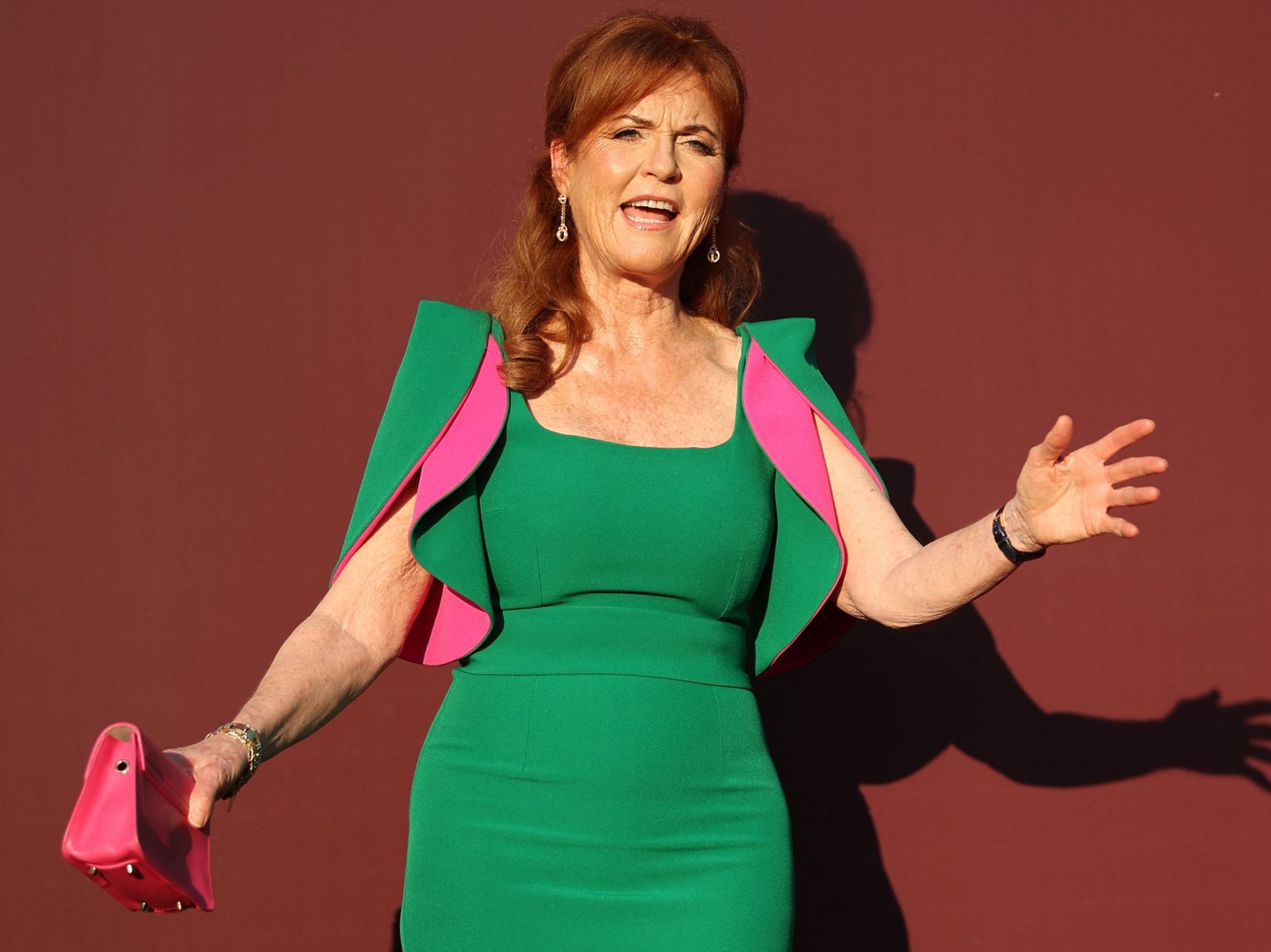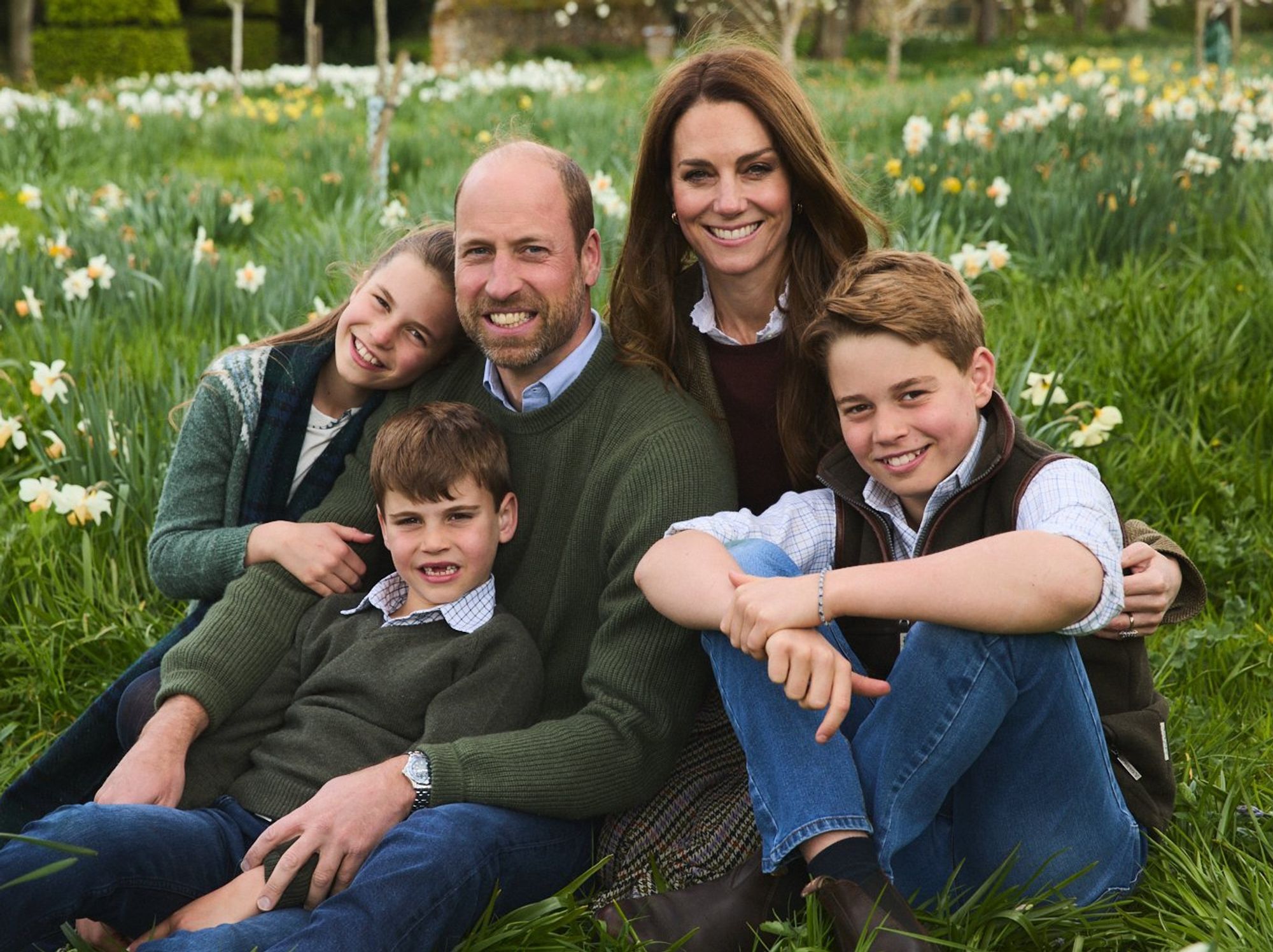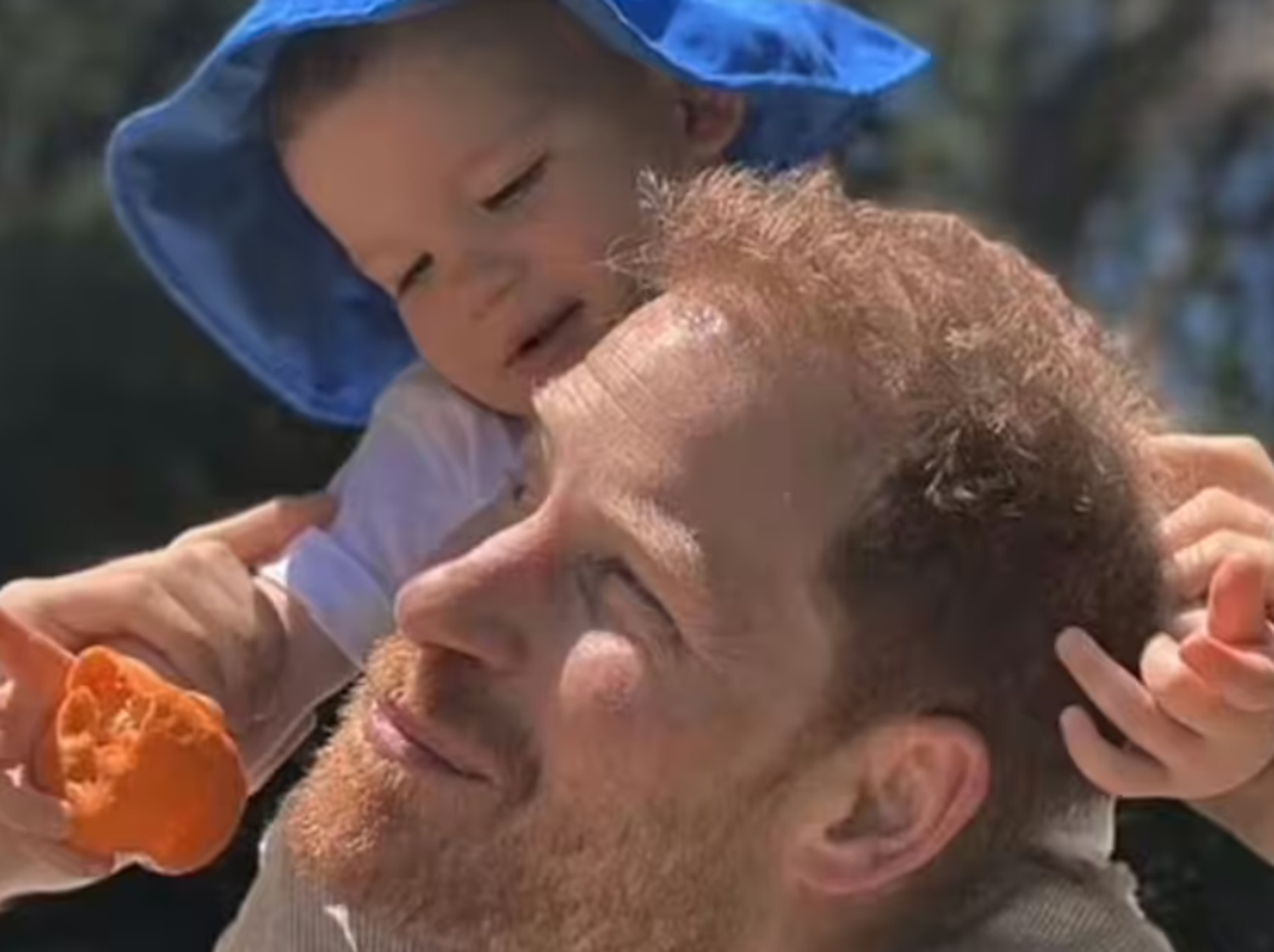BBC is a left-wing propaganda mouthpiece - why should we be forced to pay for it? - Sir Bill Cash

Gary Lineker usually fronts sporting coverage for the BBC | PA
Sir Bill Cash secured a debate on the BBC Mid Term Review
Don't Miss
Most Read
On Thursday 9th May, I secured an extremely important debate on the BBC Mid Term Review which was widely welcomed across the floor of the House. The application for this was supported by many colleagues from all Parties.
The reason for this debate was that the Government only announced the Mid Term Review (22nd January 2024) by mere written ministerial statement, giving no opportunity for discussion or debate between Members on the floor of the House itself.
I wanted colleagues from all Parties to have the opportunity to discuss the Mid Term Review, especially whether it satisfies the genuine concerns about the manner in which the BBC Charter should operate, including the issue of impartiality.
Unsurprisingly, there was no reference to this important debate on the BBC’s ‘Today in Parliament’ programme at all. This article sets out what lay behind what I said in the House of Commons in the debate.
In 2015, during the last Charter review, I proposed a “new Purpose” (i.e. a primary and legal objective) for the Charter specifically on the question of impartiality, which was, I am glad to say, accepted by the Government and inserted into the Charter as Purpose 1.
The problem is that the BBC has not complied with this requirement sufficiently or properly. The 2016 Charter provided that ultimate BBC regulation would pass to Ofcom as an independent and external regulator.
This is not operating with sufficient independence. Indeed, in recent years the number of complaints made to Ofcom about the BBC’s impartiality has increased, and the BBC itself is not meeting this challenge. They clearly do not want to do so.
There are current and justifiable concerns from the public, and calls for the abolition of the licence fee follow on from this, precisely because of the failure and subsequent loss of trust from the licence fee payers/taxpayers themselves.
Those who resent the continuing lack of impartiality feel, understandably, that they should not be expected to pay for a BBC which has become an increasingly and evidently left-wing propaganda mouthpiece from within certain parts of the organisation who promote woke, pro-Hamas and anti-Brexit, motivated by strong political views, combined with aggressive biased interviewing, rather than objective and impartial questioning.
The Mid Term Review states that the BBC should show how impartiality work is carried out and how it intends to improve its performance.
It is clear that the Government are not satisfied with the BBC at the moment, nor with Ofcom’s own statutory performance on this vital issue of impartiality, despite the creation of a new complaints system.
Unfortunately, the Mid Term Review does not provide a proper or satisfactory system for determining breaches of impartiality, and allows the BBC and Ofcom undue latitude in interpreting what the words “due impartiality” mean, leaving the BBC as its own judge and jury. Indeed, in the past year, the new BBC editorial complaints unit has upheld only one impartiality complaint.
Nearly 2 million complaints have been made since Ofcom became the regulator seven years ago. Detailed data on complaints must be published routinely by the BBC and Ofcom to improve transparency.
As things stand, the system is not fit for purpose, as many who are intensely frustrated by all this know only too well. When there is blatant bias, it is as plain as a pikestaff, and does not require psychobabble to explain it away with contortions of meaningless words of self-justification.
Baroness Deech KC, a distinguished Cross-Bench peer who was a Governor of the BBC from 2002 recently wrote that the BBC sees complaints as “threatening the independence of the editors”.
She stated, and I wholeheartedly agree, that “the best way to handle complaints would be to appoint an independent ombudsman from outside the media industry, supported by experts on the topic at issue”.
The BBC is its own judge and jury, and there are still far too many former BBC employees with dedicated BBC sympathies in Ofcom who are involved in this process. At the same time, they attack GB News on impartiality, so talk about the pot calling the kettle black!
The BBC desperately needs more political diversity in the selection of their trainees and journalists, and those who have shown to have blatant bias should be removed. Ask the BBC how many of their staff read the bundles of The Guardian newspaper which are delivered daily!
The failure on impartiality is demonstrated by the blatantly biased comments by the likes of Gary Lineker on the small boats issue, who got away with it scot-free, as I pointed out in the debate. It is not only him, but also a whole catalogue of shocking failures by the BBC over past decades, such as the manner in which Jimmy Saville got away with so much abuse, the treatment dished out to Cliff Richard and Lord McAlpine, let alone Princess Diana in the Bashir scandal, which more than proves my point.
Training initiatives for BBC staff to ensure impartial analysis and research should be introduced urgently. News-watch, a voluntary organisation, is rightly calling for more radical reforms to ensure impartiality, with a fully independent complaints system, more transparency and accountability.
Ofcom’s own figures indicate that complaints relating to bias make up as much as 39% of the complaints, and complaints about misleading and dishonest content make up a further 26%, amounting to approximately 800,000 complaints about bias since Ofcom took over – yet, of the 155 complaints upheld or partly upheld by the new complaints system, only 33 were accepted as relating to bias, which is utterly absurd.
As things stand, the Mid Term Review does not adequately solve any of the problems which are deep-rooted in an organisation which has come to regard itself as Auntie, and requires at least thorough reform.
The BBC has proved it is incapable of enforcing its own rules on impartiality, as has been proven time and again. The national interest is undermined, and the right of the licence-fee payer to have a proper system in place is denied him.
There is far too much blatant propaganda by presenters, commentators and the choice of those interviewed and the aggression dished out by some interviewers to so many with whom that part of the BBC do not agree.
All this undermines the national interest and the BBC as a national institution.
Given that a mere 56 per cent of the public now believe that the corporation is impartial, something needs to be done to rectify these problems, and radical reform is required.










